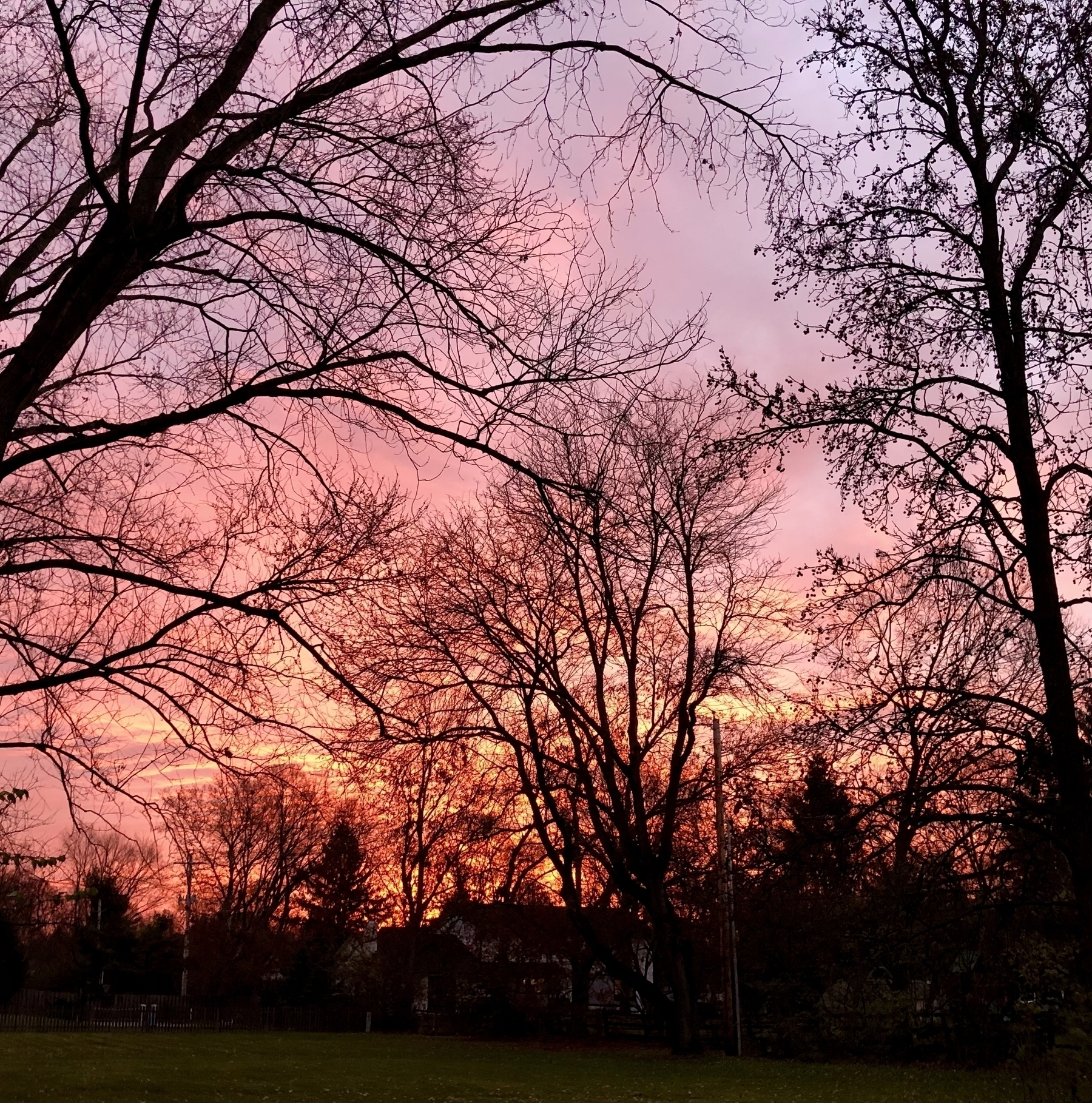03 December 2021
Istiqlál, 12 Qawl (Speech), 178 B.E.
Seen
Sunrise

Done
Posted a response to Michael Greenman about scalability
Noted
Astral Prospecting on Instagram and Astral Prospecting on Facebook
Marc Bosserman on Instagram Marc Bosserman on Facebook, and Marc Bosserman Music and Musings on YouTube
Quoted
Naw-Rúz (literally, New Day) is celebrated at the vernal equinox, on the first day of spring. This is Bahá’í New Year. But, Naw-Rúz has been observed as New Year’s Day in Iran from time immemorial, going back over three thousand years, Some Zoroastrians teach that the first Naw-Rúz fell on the sixth day of creation, the day when God created human beings, So this holiday is very old indeed, not something new or unique to the Bahá’í Faith.
Nonetheless, the festival, as with all things ordained by Bahá’u’lláh, fulfills the biblical promise: “Behold, I make all things new.” (Rev. 21:5) The ancient Naw-Rúz has been transformed by Bahá’í practice, since it is now observed the world over by an international community. Bahá’ís gather on March 21, in tens of thousands of localities all over the planet, to celebrate the arrival of the new year. Most of them are completely unaware of the origins of the festival, but they have taken this day as their own. Naw-Rúz, for Bahá’ís, is no longer just a Persian feast, it has become a world holiday which can be claimed by all of humanity, with one purpose and in the same spirit—equally by American, Danish, Philippine, Nigerian, and Japanese believers. … 1
Bahá’í New Year is of course a holiday which should be observed with cheerfulness and merriment, celebrations and festivities—perhaps with music and dancing, parties and feasting, gifts and good wishes, gatherings of friends and family, or just with a sense of quiet joy. It is hoped that this book will be an assistance to Bahá’ís in all parts of the world to make the day a full and happy one. 2
My sister and brother-in-law recently relocated and chose to donate several books in their library rather than move them. Many of these volumes are not well-known, but due to the topics they cover and the manner in which their authors explore them, they warrant a nod of recognition before being sent on their way. Accordingly, most quotes referenced in the “Quoted” section come from these books. Maybe they will stir (or renew) your interest, too.